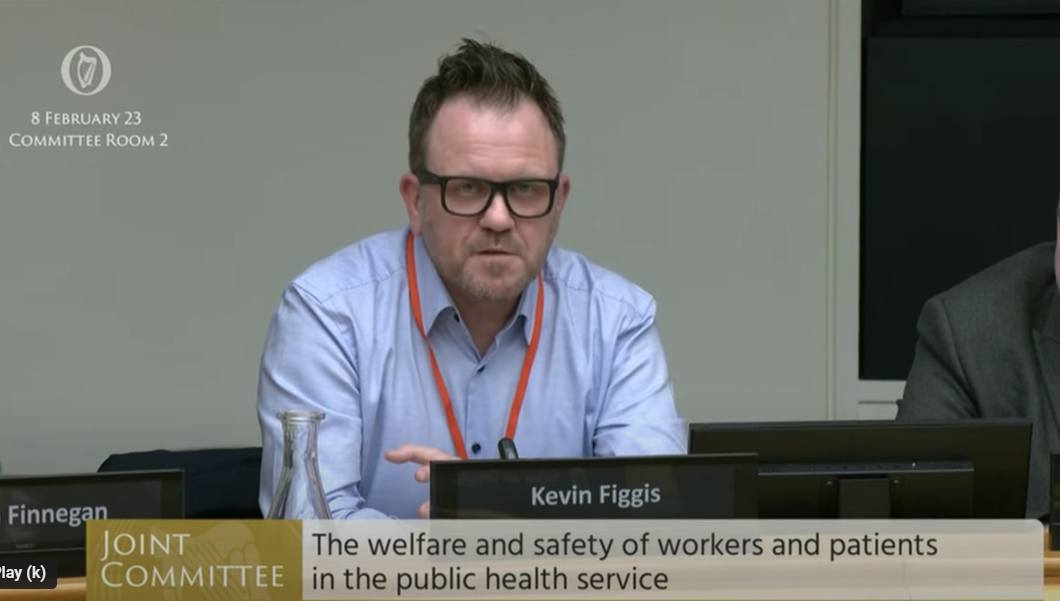SIPTU says action on workers’ pay and conditions needed due to recruitment crisis in care sector
SIPTU representatives have called on the Government to honour a commitment to raise the Minimum Annual Remuneration thresholds required to obtain an employment permit for Health Care Assistants (HCAs) and Home Support Workers or face a worsening crisis in these services.
SIPTU Sector Organiser, Sharon Cregan, said: “Stakeholders are currently making submissions as part of the ongoing review of work permit structures in Ireland. In the SIPTU submission to the Department of Enterprise, Trade and Employment, we highlight the importance of the Government proceeding with the implementation of increases to Minimum Annual Remuneration thresholds for migrant HCAs and Home Support workers. These increases would see the Minimum Annual Remuneration for Health Care Assistants and Home Support Workers rise from €27,000 per annum to €30,000 per annum.
“However, this policy initiative alone will not address the recruitment crisis for HCAs and Home Support Workers in the Irish health service. The huge disparity of earnings between those employed in the public sector when compared to those working in private and voluntary settings is resulting in staff draining out of these services into those directly run by the State.”
She added: “SIPTU Health Division has consistently called on the Government to act to ensure decent rates of pay and better conditions for those employed in the private and voluntary sector in order to stem the flow of workers out of these services. This can be done by putting in place an effective collective bargaining mechanism so these workers can come together to seek improvements. How such a change could be achieved is at the core of our submission to the Department of Enterprise, Trade and Employment.”
Union representatives are also seeking negotiations with the Department of Enterprise, Trade and Employment on the future of care work in Ireland. At these Union representatives would seek to ensure transparency in pay and conditions in the Sector as well as equality of treatment for all workers.




